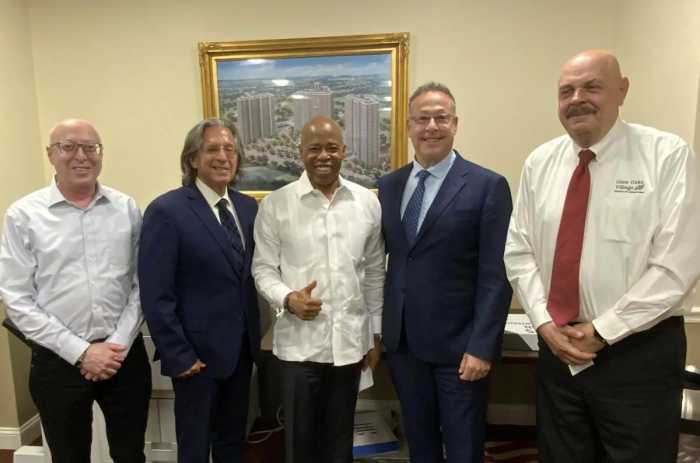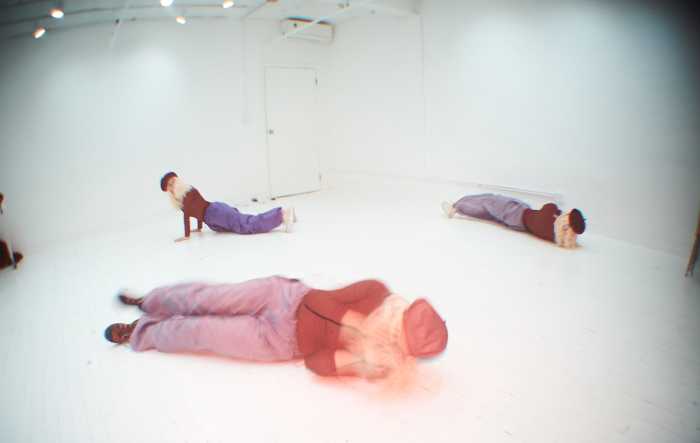North Shore Towers resident Joe Kelner realized his dream of becoming a lawyer and went on to be a part of one of the most famous cases of the Vietnam War era - the Kent State shooting trial.
Originally from Des Moines, Iowa, Kelner moved to New York City at age 10 following the passing of his father. He came with his mother and siblings to live with relatives, many of whom were lawyers.
“I found it very glamorous to be a trial lawyer, to go to court and fight in court,” Kelner said. “That was my ambition from the time I was 10 years old.”
Kelner attended New York University Law School, graduating at the age of 22. While in school, Kelner worked part-time as a courier. When he was out delivering a parcel, he frequently stopped at the courthouse to watch other lawyers.
“I went to the courts to learn how to try a case and they were terrible, these lawyers I saw,” Kelner said. “I said ‘I can do better than that.’”
The first case Kelner ever worked on was for a small sum.
“My first client was a garage owner. Somebody moved out and didn’t pay their $10 a month rent for the car,” he said. “My first case I sued a guy for $3.”
Within his first year as a lawyer, Kelner was trying a murder case. Although Kelner recognized that his clients were guilty, he told the judge it happened because they were going to be attacked. He was able to get both men plea deals, which meant they spent two-and-a-half years in prison as opposed to possible 10 years.
Before moving on to larger cases, Kelner took time out to serve his country during World War II.
“I was in the army four years during World War II,” Kelner said. “I handled investigations of Nazi suspects primarily.”
Since Kelner already had a law background, he was sent to a military training school to learn how to investigate suspects. While assigned to several areas upstate, at one point Kelner began investigating a plant where airplane parts were made, eventually discovering faulty materials were being produced. Where hard rivets should have been installed, soft rivets were put instead.
“I discovered that many airplanes had been sent out with these soft rivets,” said Kelner. “This soft rivet substituted for the hard rivets…and caused the wing of the airplane to fall off.”
Regardless of the fact that it was difficult work, Kelner said that he enjoyed it a great deal.
“It was very gratifying because
I worked harder then than I ever did in my life as a lawyer,” he said.
Later on in his career, Kelner became a part of the Kent State shooting trial that arose after members of the National Guard fired more than 40 shots into a crowd of student protesters. The incident left four students dead, one paralyzed for life and eight others wounded.
Kelner’s client was the mother of one of the deceased students. He was part of a famous photograph that showed his body on the ground with a woman kneeling over him.
“She was recommended by another client. She came to me and said ‘my boy’s been killed,’ ” Kelner said. “The mother had no money and I didn’t care about getting money. I worked on the case for years.”
The actual trial took much longer than Kelner had anticipated.
“This was real history. I thought it would take three weeks and it took 13 weeks to try the case in federal court.”
In the ‘80s, Kelner came out with the book “The Kent State Cover-up,” detailing his experiences with the case. However, due to the feelings some had towards the issue, he said it did not sell very well.
“It was not a big success because the public in the beginning of the Vietnam War blamed the students,” he said.
At one point in his career, Kelner served as the president of the New York State Trial Lawyer’s Association and later the national president of the American Trial Lawyers Association.
Kelner’s practice in downtown Manhattan is still in existence, with his son and daughter-in-law, Robert and Gail Kelner, running it. Recently, his grandson also joined the practice after passing the bar exam.
“They call me for advice here and there,” Kelner said.
Before moving into North Shore Towers about a month ago, Kelner was living on waterfront property in Lake Success. He hopes to meet many people and possibly share his knowledge with them.
“I found that the atmosphere is very pleasant here,” he said. “I like to talk to people.”

































